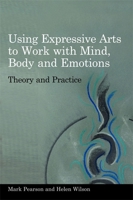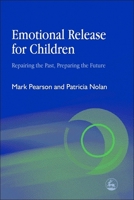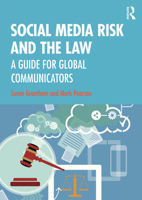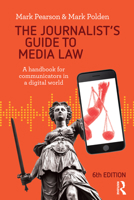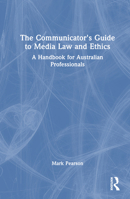The Battle Against Exclusion: Social Assistance in Australia, Finland,
Select Format
Select Condition 
Book Overview
You Might Also Enjoy
Customer Reviews
Rated 4 starsLively social justice history
Growing up in the so-called 'post civil' rights era with intergrated schooling, myself and other 'white' liberals do not conciously realize what risks our own involvement with this social change entailed for all demographics. Sure we muse about how we also would have participated in sit-ins...etc if we had been born generations earlier, but would we have actually followed through on those same pronouncements? Because...
2Report
Rated 5 starsI Must Respond
I write this review to praise Mab Segrest's brilliant, beautiful writing: stylistically lovely, deeply insightful, politically powerful. This book is a must read for anyone invested in US cultural politics from the perspective of a passionate activist and incredibly talented writer (and speaker -- I had the privilege of seeing Mab live and she's FABULOUS).
0Report
Rated 5 starsA huge amount of information!
This diary is fast moving and entertaining, yet it doesn't lose it's impact. Mab Segrest is an activist who has been working against the fascist right for many years. Her focus has been primarily on issues related to race, but she also touches on issues related to being a lesbian. Mab was raised in a family who actively worked to prevent the desegregation of schools, so her diary includes some interesting insights into...
2Report

















